Ukraine is knocking on NATO's door, but the key is in the hands of politicians. Is there still a chance for membership?
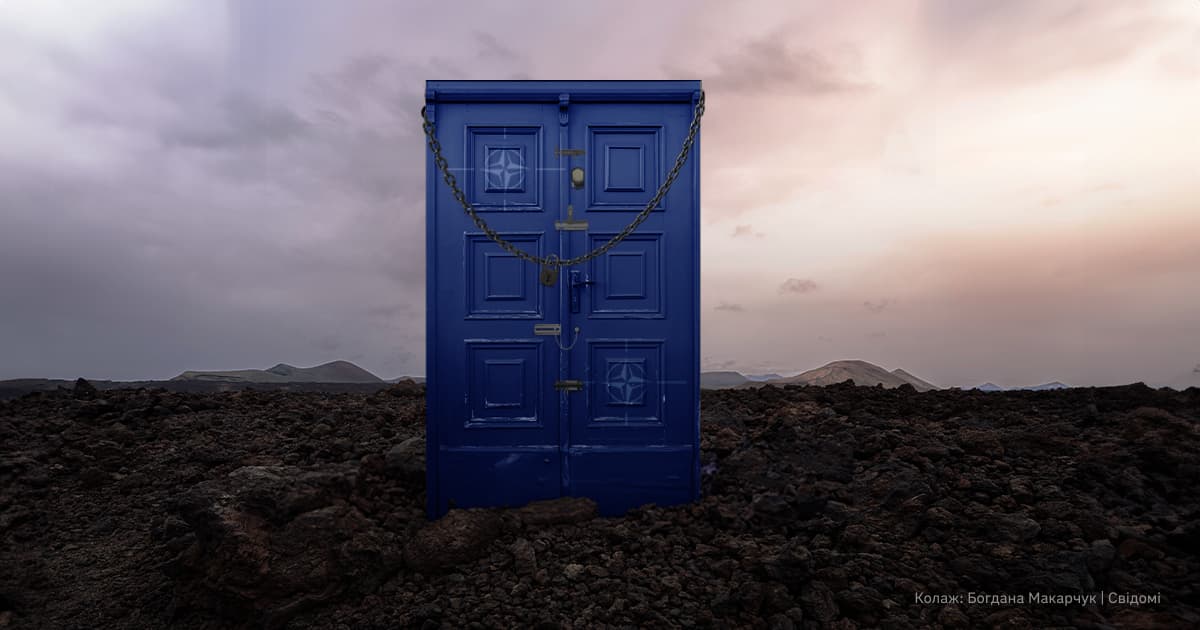
The first point on President Volodymyr Zelenskyy's "victory plan" is Ukraine's accession to NATO. Western capitals have reacted to this proposal with some caution and coolness.
Ukraine-NATO relations have developed over the years. Currently, cooperation and mutual understanding between Kyiv and NATO are historically high. However, a number of issues remain that have caused deep-rooted misunderstandings between Ukraine and the Alliance.
Svidomi explains how Ukraine-NATO relations have evolved, which factors and countries have blocked Ukraine's accession to the Alliance, and how Ukraine could be useful to the bloc if it joins.
Ukraine-NATO relations over the years
Ukraine has been knocking on NATO's door for decades, hoping to become a member. The first official contact between the bloc and our country began in 1992, a year after the declaration of independence. Ukraine's application for NATO's Membership Action Plan (MAP) in 2008 was the most significant event in relations between the two parties. This plan is a roadmap of actions required of any country seeking to join the Alliance.
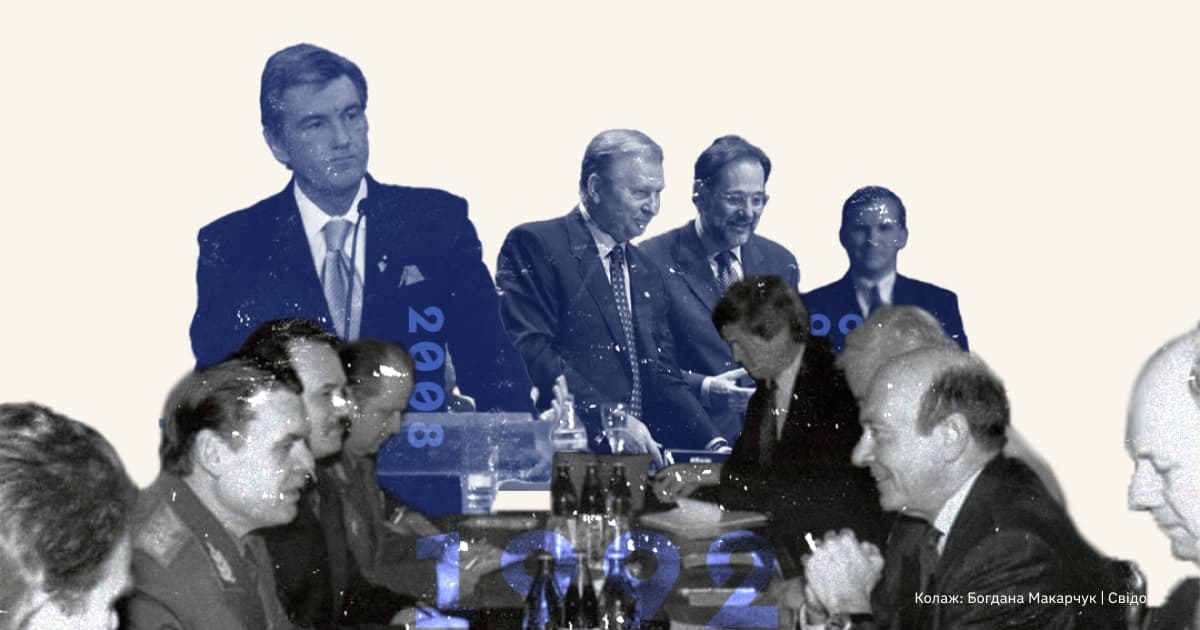
"We had a moment in 2005, after the Orange Revolution when we could have joined quickly. We had all the necessary documents and an application to NATO. All we had to do was implement reforms that weren't too complex then. We could have worked on [military] interoperability, and a political decision to join could have been made," says Hanna Shelest, a researcher at the Ukrainian Presidential National Institute of Strategic Studies and the NATO Defense College in Rome.
Unfortunately, there was no unified position on NATO membership among the Ukrainian leadership at the time. Throughout most of his term, Leonid Kuchma pursued a "multi-vector" policy, and the Ukrainian military was continuously reduced in both numbers and material support. Under President Yushchenko, these actions were justified by NATO membership aspirations and the lack of need for substantial armed forces. According to RBC-Ukraine, the armed forces were to be requalified for limited participation in international peacekeeping missions under the auspices of the UN and NATO. When Viktor Yanukovych came to power in 2010, there was a complete rollback on NATO accession issues, and the armed forces were completely disorganized. Yanukovych's government formalized Ukraine's non-bloc status.
"Interestingly, they [Yanukovych's government] formalized the non-aligned status, but for another two years, Ukraine's military doctrine said we were moving toward NATO. There was an imbalance in state policy for many years," says Hanna Shelest.
Ukrainian society was also reluctant to move toward the transatlantic alliance until the outbreak of the Russia-Ukraine war. The media outlet "Slovo i Dilo" cites data showing that only 13% of Ukrainians supported NATO membership in 2013. According to the Ukrainian Institute for the Future, the first time the majority of the population expressed support for NATO membership was in January 2022, just before the full-scale invasion by Russia.
In 2014, Ukraine was given a second chance to join the bloc. At the time, the Russian Federation was largely ignored in NATO membership discussions despite the issues of Crimea and the temporarily occupied territories of Ukraine. In the eyes of Western policymakers, Russia still had a largely "positive" image. The risks of Ukraine's membership leading to a Russia-NATO war seemed minimal. Russia later began to oppose Ukraine's NATO membership actively.
Today, Ukraine, like Sweden and Finland, has bypassed the need to obtain a MAP for NATO membership. This decision was made at the NATO summit in Vilnius in July 2023, more than a year after Russia's full-scale invasion. Since then, Ukraine has significantly increased its presence within the bloc, but the doors to full membership remain closed.
What factors have prevented Ukraine from joining NATO?
Ukraine's accession to NATO is a purely political issue. Unlike EU membership, which has clearly defined procedures, the decision to join NATO is made by the leaders of the member states following a negotiation process. The main arguments used by opponents of Ukraine's NATO membership include Ukraine's corruption, the need to reform the Security Service of Ukraine (SBU), and the alignment of Ukraine's armed forces with NATO standards.
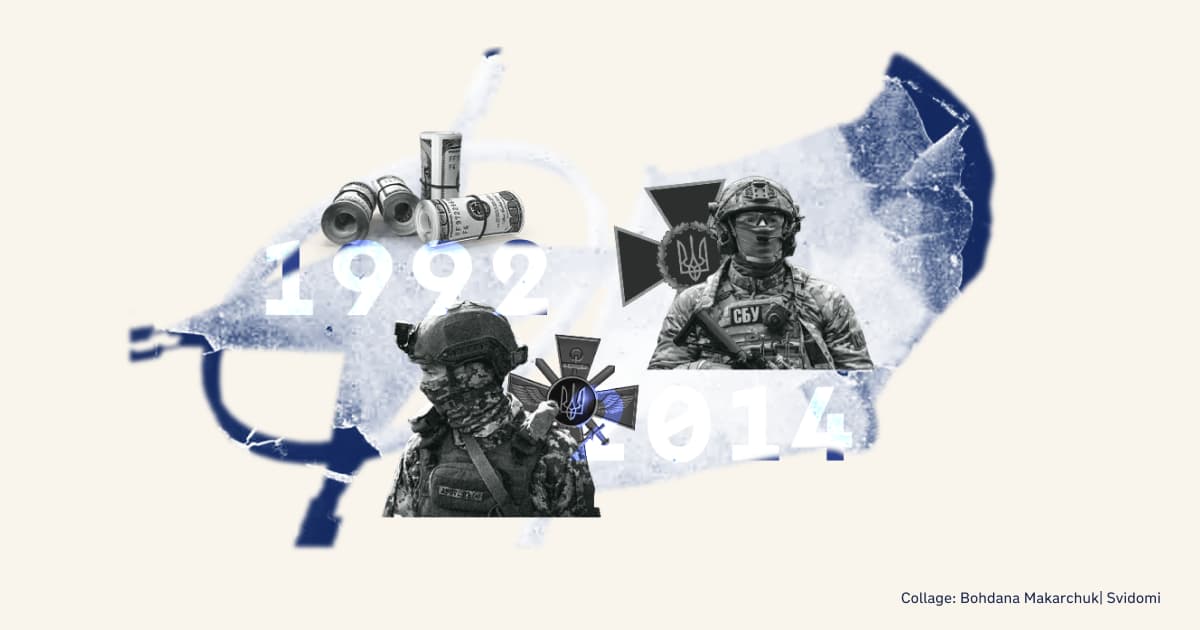
"90% of all problems with Ukraine's NATO membership until the Vilnius summit were related to corruption, the SBU, and the judiciary. While the military was moving toward interoperability, there were problems with the aspect of political corruption. Remember how long it took us to pass the law on the SBU. We gave arguments to the opponents as to why Ukraine shouldn't be admitted. — Why is this so important for member states? — For example, if there is a lot of systemic corruption, any terrorist at the border could bribe his way into the territory of member states. These are all very pragmatic concerns. Of course, all countries have similar problems, and nobody expects us to solve them perfectly. Our partners just wanted to see that we were addressing these cases and that the system could deal with them," adds Hanna Shelest.
Which NATO members are blocking Ukraine's membership today?
Opposition to this decision comes primarily from politicians in allied countries, while military representatives of NATO member states unanimously supported and continue to support Ukraine's membership. According to Ukrainian Defense Minister Rustem Umerov, none of the defense ministers of the participating countries objected to Ukraine's invitation to join the alliance during the October 17 meeting of the Ukraine-NATO Council.
Unfortunately, NATO membership decisions are made by politicians, not military generals. For example, Hungary continues to use the issue of Ukraine's NATO membership to its advantage. This is linked to the education law that Budapest has demanded be repealed to "protect the Hungarian minority" in Ukraine. Hungary blocked high-level Ukraine-NATO meetings before the full-scale invasion and remains an opponent of that decision.
However, Hungary is not the decisive country in the issue of Ukraine's NATO membership. The United States, France, and Germany are the main blockers of a political decision regarding Ukraine's membership. While the US is gradually changing its policy on Ukraine's membership, it is still not ready to say a clear "yes." The French publication Le Monde reported that the US president visited Germany on Friday, October 18, to discuss the situation in Ukraine with Olaf Scholz, Emmanuel Macron, and Keir Starmer. This came two days after Zelenskyy's "victory plan" was announced.
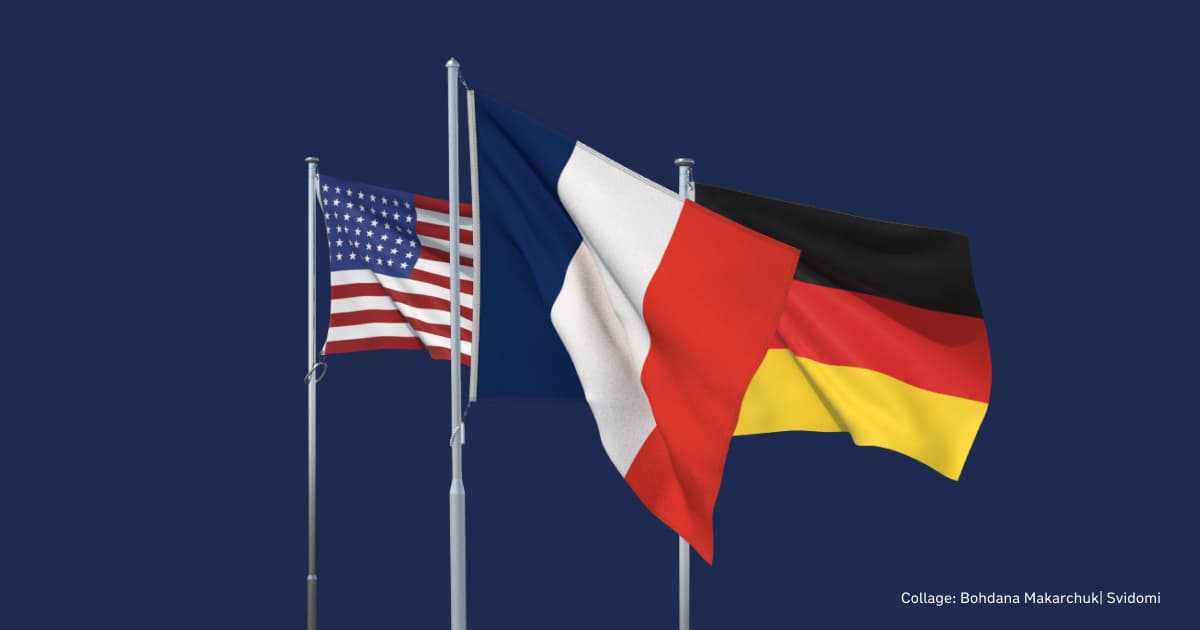
"A country at war cannot become a member of NATO. Everyone knows that there are no differences on this point. And in NATO, invitations are usually very quickly linked to membership," German Chancellor Olaf Scholz said.
He spoke less than a week after a meeting of NATO leaders in Berlin. On October 28, British Ambassador to Ukraine Martin Harris could not give a clear answer to RBC-Ukraine journalists about Ukraine's NATO membership before the end of the war. It can be assumed that representatives of these countries did not come to a positive or even clear conclusion on Ukraine's accession to the Alliance during the Berlin meeting.
"The United States, Germany, and France had the greatest doubts about the advisability of Ukraine's NATO membership. But they were not alone. The main reason was the 'threat' of Russia. Until 2022, it was "let's not provoke," and after 2022, it became "this could lead to escalation." Even before 2022, when the scenario of West Germany joining [NATO] (membership despite the division of Germany and West Germany's official position of a united future state) was proposed, they were categorically unwilling to discuss it. When we were preparing a study on the main fears of NATO policymakers about granting membership to Ukraine, we were told in one country, which I won't name: 'We are afraid that if you become a NATO member, you will push the bloc into war with Russia out of hatred for Russians. Irrational? Yes. But coming from a presidential advisor..." Hanna Shelest tells us.
What mechanism could allow Ukraine to join NATO without waiting for the end of the war with Russia?
According to statements by Scholz, Harris, other NATO leaders, and the new NATO Secretary General Mark Rutte, Ukraine will become a member of NATO — it is only a matter of time. The remaining questions, however, are: on what territories and by what mechanism?
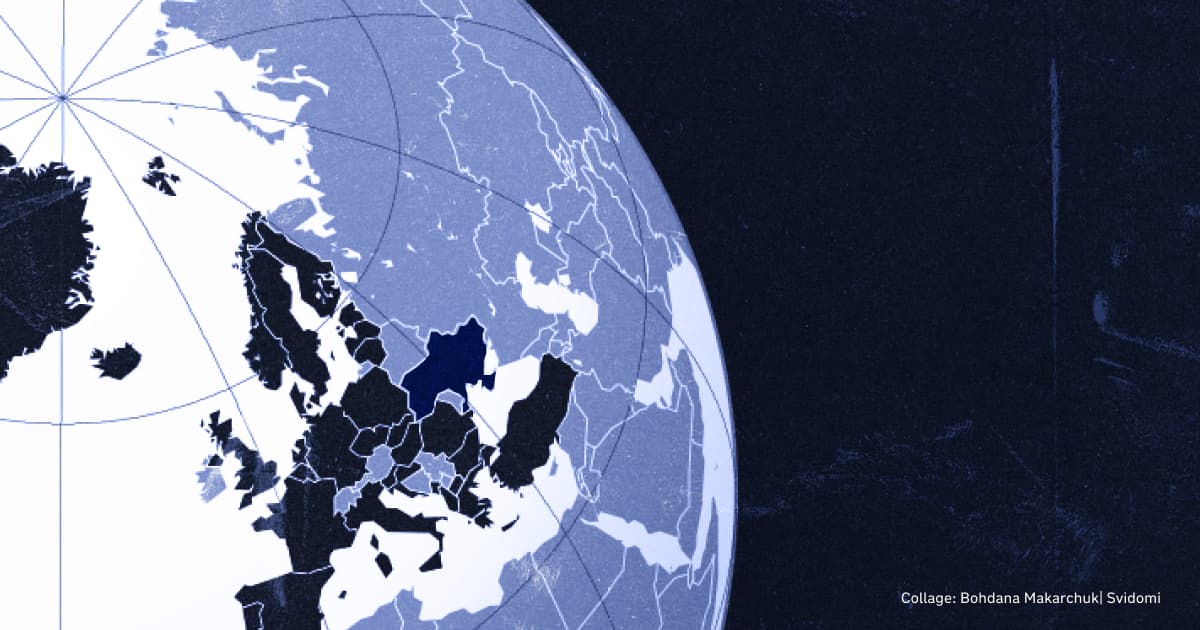
The text of the Washington Treaty (NATO's founding document) does not state that a country must have no territorial disputes to join the Alliance. Article 5, which treats an attack on one member as an attack on the entire bloc, also doesn't apply to all member territories; for example, it didn't apply to British colonies or French overseas territories. When West Germany joined, there was a clear dividing line that facilitated its membership. Article 5 was also not extended to divided Berlin, where an alternative mechanism was used to protect allies.
"For us, a German-like model was possible until February 2022. Ukraine had a defined line of engagement, and Article 5 would not have applied to uncontrolled territories. We then proposed a similar option, but our partners rejected it. A year ago, American and German officials proposed this scenario to us. At that time, we said "no" because there was no clarity on which territorial line Article 5 would apply. If we were to join without Article 5, it would be pointless," explains Hanna Shelest.
There's still no precise scenario for Ukraine's entry into NATO. This question remains open, marked as "after the war."
What benefits could Ukraine bring to NATO?
According to Hanna Shelest, Ukraine offers crucial experience in large-scale warfare — not only in combat but also in logistics, counter-terrorism, and counter-intelligence. In addition, Ukraine has extensive expertise in countering Russian cyberattacks and boasts unparalleled capabilities in this area. The country is also building up its defense industry and is one of the largest producers of various military drones. Before the full-scale invasion, Ukraine participated in SALIS, a partnership in which nine NATO countries used Ukrainian AN-124-100 aircraft for missions. As a maritime state with significant ports, Ukraine enhances the security of the Black Sea and has been the only non-member participant in every NATO-led peacekeeping operation. There are many examples of why Ukraine is indispensable to NATO.
Confirmation of this came with the recent opening of JATEC, a NATO-Ukraine analytical training center in Washington, where the US and NATO military officials will study the real-world combat experience of Ukraine's Armed Forces.
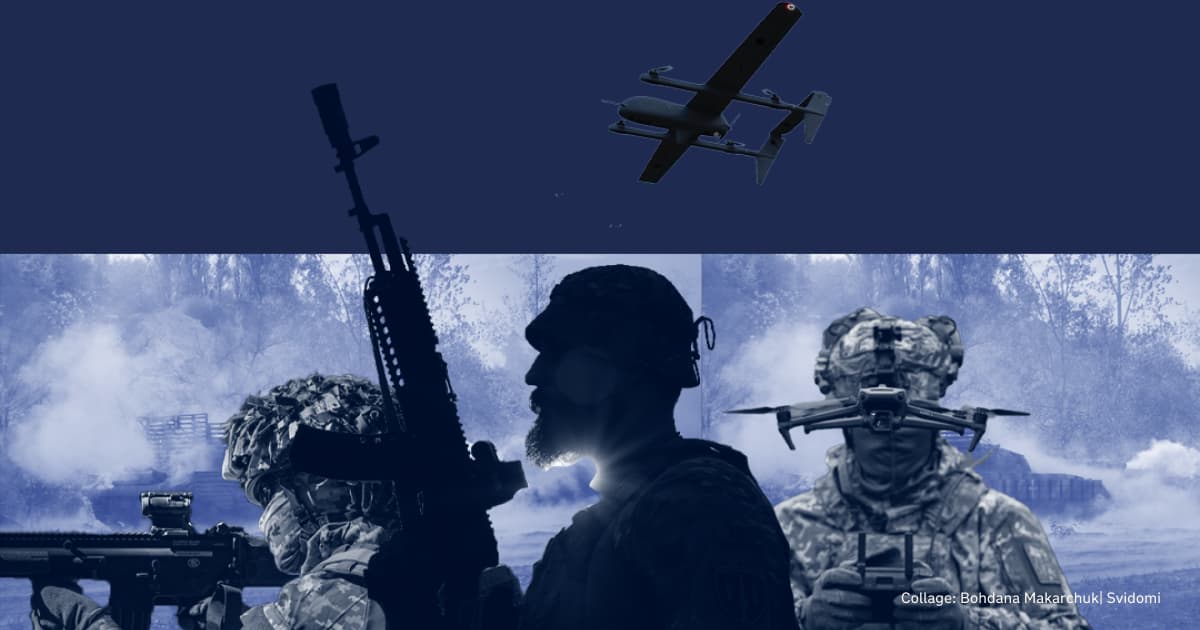
"Ukraine has pioneered a real technological revolution in this war. I think we're learning a lot from the Ukrainians. They're remarkable leaders — take, for example, President Zelenskyy's announcement of a successful test of Ukraine's first ballistic missile," says Matthew Wallin, chief operating officer of the American Security Project (ASP), an expert on national and nuclear security and the US-Russia relations.
At the same time, we shouldn't assume that Ukraine could, for example, replace the US troops in Europe, as Zelenskyy's "victory plan" mentions. The United States uses bases in Europe, especially in Germany, as transit or maintenance hubs for nuclear missiles. As Shelest points out, these bases primarily serve as staging areas for the US forces in the Middle East or North Africa. While we could replace some of the US or other forces on the European continent, the overall impact would be small. Ukraine's ability to protect itself would be NATO's best security reinforcement.
For Ukraine, NATO membership is vital to its survival, even though it has already received unprecedented support from NATO. Membership is a matter of time. But that doesn't mean Ukrainian diplomats and politicians can stop working on it. They must continue to persuade partners of the need for full NATO membership while implementing reforms at home. We need to prepare now for NATO membership when active fighting is over. Only our actions as a state can bring us closer to collective defense and mutual assistance in a united Euro-Atlantic region on Ukrainian soil.


